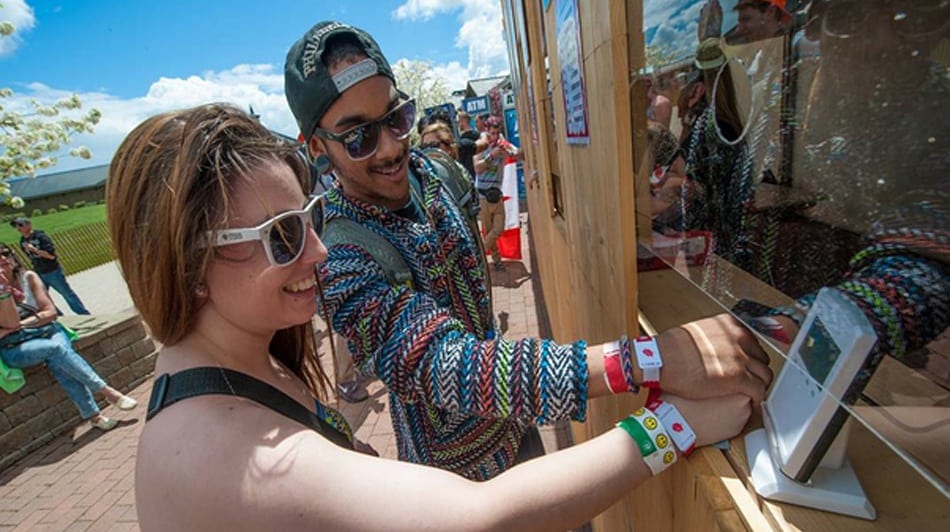It’s safe to say that few people in the world are better at improving event security than Jeffrey Miller. After almost 25 years in the Pennsylvania State Police, working his way up from the lowest rank to the highest, Jeffrey was reporting to Governor Rendell as state commissioner of the 9th largest police department in America. After retirement, the NFL came calling. And soon Jeffrey was serving as the National Football League’s senior vice president and chief security officer, overseeing everything from stadium security to fan conduct to game integrity, along with special event security for the Super Bowl, Pro Bowl, NFL Draft and much more. In November, Miller moved on from MSA Security and founded his own consulting firm, Jeffrey Miller Consulting. In keeping with his experiences with the NFL, Jeffrey’s focus remains on sports and entertainment security. He still works closely with pro sports teams, as well as colleges and universities, and even internationally with soccer clubs in the UK. Though Jeffrey still finds time to assess security for concerts and festivals. Not just at permanent stadiums, but at temporary spaces like music festivals, lending his crucial expertise so that events better understand how to keep their customers both safe and happy throughout their experience. We spoke with Jeffrey, who generously offered his words of wisdom on all things festival security.
Improving Event Security Since 9/11
Everything changed on 9/11. The need to keep Americans safe from the threat of terrorism suddenly became more important than ever. That meant big changes for event security, which Jeffrey says the NFL embraced. “They put together a blue-ribbon panel of individuals that developed the first set of NFL best practices for stadium security,” Jeffrey says. He came on board after the practices were in place, but helped shape and refine them. Those best practices were eventually certified by the Department of Homeland Security under the Safety Act as qualified anti-terrorism technology. “It’s actually something that provides a framework that I still use to this day when I’m assessing venues,” Jeffrey says. Under Jeffrey, the NFL “went from pat-downs to enhanced pat-downs to handheld metal detectors and walk through metal detectors,” he says. “We instituted a policy on clear bags which is now being used by events all over the world.”
Understanding Risks is Step One
Security needs have changed, and you want your festival or event to be as safe as it can be. And while it’s impossible to prevent everything from happening, you can make it much more difficult for bad people to do bad things. That starts with understanding where you’re vulnerable and taking reasonable steps to counteract those weaknesses. “First, you should have a comprehensive risk and vulnerability assessment conducted of the facility by somebody with the requisite expertise,” Jeffrey says. “And then you’ll have a thorough report that lays out and prioritizes the risk that you face and provides you with recommendations on how you can mitigate that risk. Then you can really get to work. That’s the first thing any venue needs so they understand the level of risk they face.”
Securing Temporary Spaces
Surprisingly, Jeffrey uses most of the same safety principles with temporary festival sites as he does with permanent sites, like arenas. “It’s best to walk the site and understand exactly how things are going to be constructed, where they’re going to be constructed, out of what materials, find out what standoff distances are, where’s your hard perimeter, how you’re screening vehicles, how you’re screening people. All of that goes into it,” Jeff says. “It doesn’t take me long once I’m there to determine where the greatest amount of risk might lie.” Risks mean anything from an active shooter scenario to a bomb in a car or on a person. And Jeffrey says part of protecting your venue means “presenting a strong defensive posture” to the public. This helps deter any would-be bad guys. “How is it laid out, how is traffic restricted, what adjacent roadways are nearby, where do the pedestrians go, how are we separating the two? There’s a lot of that that goes on.”
Happy Customers are Safe Customers
Even though security staff is there to protect festival-goers, if they don’t feel comfortable reporting dangerous behavior to the right people for fear of reprimand, your event isn’t as safe as it can be. This is why Jeffrey believes that establishing a sense of order maintenance outside the venue is extremely important to ensure that the people coming to the event understand what acceptable behavior standards. “There were some stadiums where outside there was a lack of order maintenance. People thought they could do whatever they wanted,” Jeffrey says. You don’t have to establish order maintenance in a heavy-handed way, but people need to understand in advance what standards they’re going to be held to. “Then, with your staff, you have to make it clear what type of environment you want,” Jeffrey says. That doesn’t just mean properly screening fans. “You also want to establish with your fanbase a way in which they can come to you with anything they feel makes them uncomfortable,” Jeffrey says. In the NFL, that meant things like a text messaging system, which sped up both customer communication and security response times.
What can Event Organizers do Better?
“I would say, broadly, access control,” Jeffrey says. “Not just on the event day. Even non-event days. If you do a great job on the event day of screening fans and using metal detectors and searching for things, that’s awesome. But if you didn’t have good access control, two days or a week before, someone can get into your facility and can plant a weapon or explosive device that they can gain access to on event day. This is lacking in a lot of different places.” Jeffrey also stresses the importance of setting up a secondary perimeter, something they pioneered in the NFL. That means making sure items that have the potential to harm large numbers of people—like a pipe bomb—are screened for at least 25 to 50 feet beyond the entry queue. “There are 8,000 people at a gate, shoulder to shoulder, you don’t want people carrying a prohibited bag or item,” Jeffrey says. “So that’s where we put the clear bag policy in place, a secondary perimeter, and explosive odor tracking canines so that you have a chance to identify and disrupt a potential threat before it can be implemented.”


